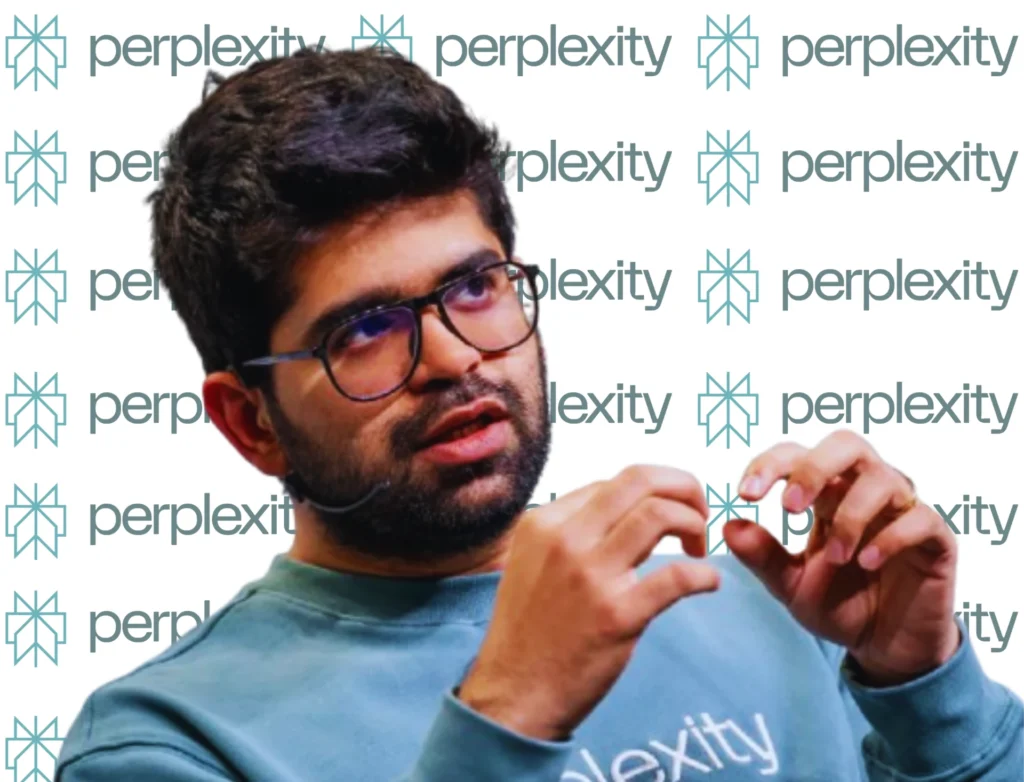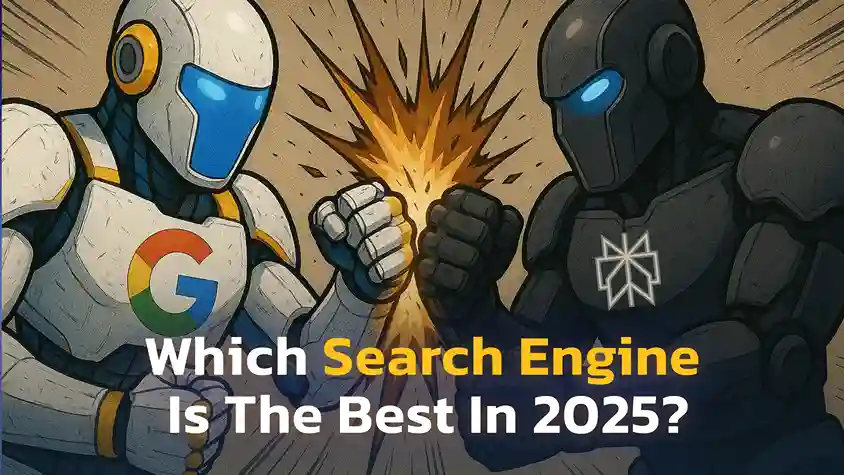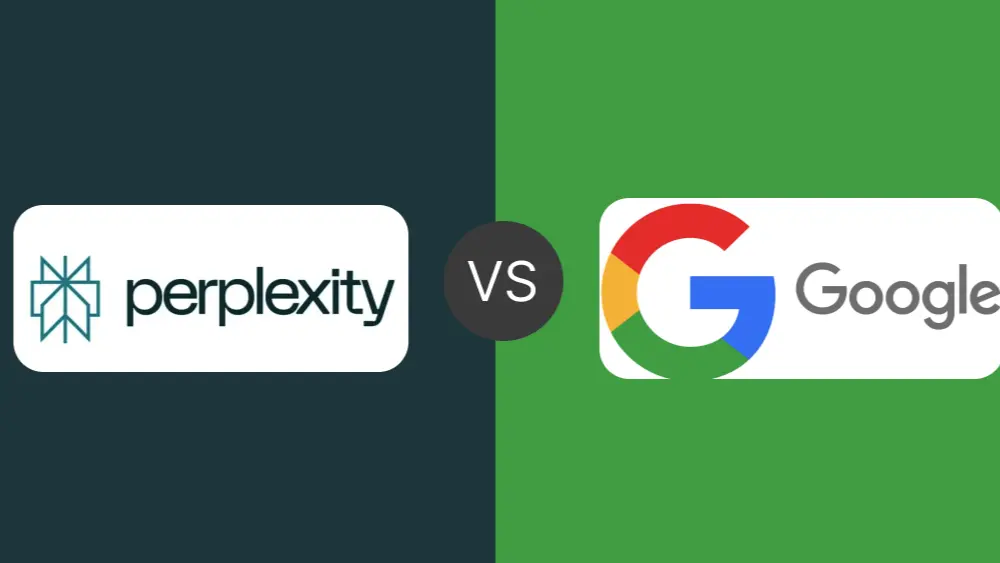Perplexity, a rising AI search startup, has made a stunning $34.5 billion offer to buy Google Chrome amid Google’s antitrust battle. Here’s what the bold move means for AI, search, and the future of the web.
Table of Contents
AI Search Firm Perplexity Makes $34.5 Billion Surprise Bid for Google Chrome
New York — In a move that has sent shockwaves across Silicon Valley and Wall Street, artificial intelligence search startup Perplexity has made an unsolicited $34.5 billion offer to acquire Google’s Chrome browser — a deal that could redefine how people search, browse, and interact with the internet in the AI era.
The offer, first reported by The Wall Street Journal and later confirmed by Perplexity to CNN, comes at a time when Google is already under intense legal scrutiny. Following a landmark US antitrust ruling in 2024, the Justice Department has recommended that Google sell Chrome as a remedy for its dominance in online search.
Why This Matters: Google’s Antitrust Pressure
Google’s Chrome browser is more than just a portal to the web — it’s the foundation of Google Search’s market dominance. With over 60% of global browser market share, Chrome is deeply integrated with Google’s advertising and data-gathering infrastructure.
The US court’s ruling last year found that Google had violated antitrust laws by maintaining a search monopoly, and the proposed remedy — forcing a divestiture of Chrome — is one of the most dramatic regulatory moves in Big Tech history.
Google has vowed to appeal the ruling, calling the idea “unprecedented” and claiming it would harm both security and consumers. However, the proposed sale has now attracted opportunistic bidders — and Perplexity’s surprise offer is the boldest yet.
Who is Perplexity? The AI Challenger to Google Search

Founded less than three years ago, Perplexity has quickly become one of the most talked-about AI startups in Silicon Valley.
The company’s flagship product is an AI-powered search tool that combines real-time web crawling with natural language processing, delivering summarized, citation-backed answers instead of the traditional blue links.
Perplexity’s pitch to users: search less, understand more. By providing direct answers sourced from credible websites, it aims to save time and reduce information overload — an approach that has drawn both praise for convenience and criticism for potentially reducing clicks to publishers.
In July, Perplexity launched Comet, its own AI-powered browser, positioning it as a more personalized and integrated web experience that can sync with calendars, social media, and other personal data streams.
The Offer: $34.5 Billion — Nearly Double Perplexity’s Valuation
Perplexity’s $34.5 billion bid is striking for one reason — the startup is valued at just $18 billion after a recent $100 million funding round. This means it’s offering nearly double its own valuation to acquire Chrome.
For context:
- Google’s market cap: ~$2.5 trillion
- Chrome’s share of browser market: ~60% globally
- Chrome’s value to Google: strategic dominance, ad revenue integration, user data
This bid is also noteworthy because Perplexity is still a challenger brand — much smaller than Google, Apple, or Microsoft, yet confident enough to try and take over one of the internet’s most widely used software products.
Why Chrome is So Valuable in the AI Race
Control of the browser means control of the default search experience. With Chrome, Perplexity could:
- Set Perplexity AI Search as the default search engine for billions of users.
- Integrate AI-driven browsing features natively into the browser interface.
- Gather vast amounts of anonymized browsing behavior data to improve AI models.
- Compete directly with Google Search’s ad business.
This would put Perplexity in a position to reshape the way we find and consume information — moving away from the keyword-and-link model toward AI-driven, conversational answers.
Google’s Response: Silence, For Now
Google declined immediate comment to CNN, though in previous statements about the possibility of spinning off Chrome, the company argued that such a move would:
- Disrupt security updates and infrastructure.
- Remove key integrations between Chrome and Google’s other services.
- Potentially reduce innovation in browser development.
Given that Perplexity’s bid is unsolicited and Google is actively appealing the court’s decision, analysts believe the chances of a sale remain slim — at least in the near term.
Industry Reaction: Is This Even Possible?
Wall Street analysts are skeptical but intrigued.
Tech analyst Mark Jennings of Horizon Capital said:
“This isn’t about whether Perplexity can actually buy Chrome today. It’s about sending a signal to regulators and the market that the AI search era is here — and challengers are willing to take bold swings.”
Others see it as a PR masterstroke. The bid generates headlines, boosts brand recognition, and positions Perplexity as a credible player in the fight against Google’s search dominance.
A Bigger Picture: AI Companies are Coming for the Browser

Perplexity isn’t the only AI company looking to take over your browsing experience.
- OpenAI is reportedly developing its own AI-powered browser, aiming for deep integration with ChatGPT.
- Microsoft has already embedded AI into its Edge browser and Bing search.
- Brave and Arc are experimenting with privacy-focused and AI-assisted browsing features.
If Perplexity were to acquire Chrome, it would instantly leapfrog these competitors in market share — a move that could accelerate the AI-first web browsing shift.
Perplexity’s Other Ambitious Moves: TikTok and Beyond
This isn’t the first time Perplexity has gone after a high-profile acquisition. Earlier this year, it announced a bid to purchase TikTok’s US operations, following legislation requiring ByteDance to divest the app to avoid a US ban.
The company has also reportedly attracted interest from Meta and Apple as a potential acquisition target — though talks have not yet led to any deals.
What Happens Next?
The future of this bid hinges on multiple factors:
- The US court’s final decision on whether Google must sell Chrome.
- Regulatory approval for any buyer, especially a high-profile AI company.
- Google’s willingness to negotiate rather than fight a forced sale.
- Perplexity’s financing plan — raising $34.5 billion is no small feat for a company of its size.
Even if the deal doesn’t happen, the symbolism is powerful: AI-native companies are no longer content to build tools that sit on top of the internet — they want to own the infrastructure itself.
FAQs
Q: Will Google actually sell Chrome to Perplexity?
A: Highly unlikely in the short term. Google is appealing the court’s ruling and has resisted all calls to divest Chrome.
Q: Why does Perplexity want Chrome?
A: To control the browsing experience, set its AI search engine as default, and gain market share in the competitive search space.
Q: Could regulators approve the sale?
A: Possibly, but they would review the impact on competition, privacy, and security before allowing any buyer.
Q: Is Perplexity financially capable of making this purchase?
A: The company is valued at $18 billion, so it would need significant outside funding to finance a $34.5 billion deal.
-
AI Search Startup Perplexity Shocks Tech World With $34.5 Billion Bid for Google Chrome

Perplexity, a rising AI search startup, has made a stunning $34.5 billion offer to buy Google Chrome amid Google’s antitrust battle. Here’s what the bold move means for AI, search, and the future of the web. AI Search Firm Perplexity Makes $34.5 Billion Surprise Bid for Google Chrome New York — In a move that…